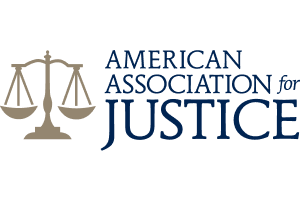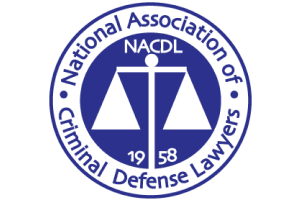Litigation Experience
Money Laundering
South Carolina White Collar Criminal Defense
Based in Charleston, the South Carolina white collar criminal defense lawyers at Lofton & Lofton provide top-quality representation to groups charged with white collar offenses such as money laundering. Since 1984, we have been dedicated to helping criminal defendants obtain justice. Trust our firm to avidly defend your rights and reputation.
Money Laundering
Money laundering refers to any financial transaction involving the use of ill-gotten gains. The perpetrator must knowingly use money acquired through illegal activity. In order to prove the offense, prosecutors must show various factors, including the defendant’s:
- Knowledge that proceeds stem from some form of unlawful act;
- Intention to use the proceeds for any of the following purposes:
- Promoting or continuing illegal activity o Attempting to evade, defeat, or pay tax
- Hiding the location or source of activity
- Avoiding reporting transactions
- Actual use of proceeds from specific illegal activity such as: o Organized crime, terrorism, corruption
- Arms smuggling, terrorism
- Drug or human trafficking
- White collar crime
- Attempted or actual performance of a financial transaction affecting commerce.
Prosecutors generally begin with the transaction upon which the alleged crime is based. Any act done with money, including payment, transfer, or delivery of funds, is a financial transaction. The parties laundering money may be individuals, businesses, or financial institutions.
Process and Trends
Alleged money laundering is no longer limited to domestic or interstate commerce; transactions are now global in scale. Rapid advances in technology and the international market facilitate the swift exchange or transfer of money. Money may be laundered through various means involving:
- Automobile dealerships
- Private banking facilities
- Insurance companies
- Shell corporations
- Stock brokers
- Offshore accounts
- Casinos
- Trading companies
- Trade financing
- Currency exchanges
- Gold Dealers
- Tax Havens
- Wire systems
- Free trade zones
- Satellite dishes
- Computers
New trends exploiting global payment networks facilitate the transfer of money across multiple borders but make the transactions difficult to trace. Unlike traditional commerce, criminal activity has quickly evolved to allow high-volume flow with little to no paper trail or legal accountability. This is often accomplished through:
- Correspondent (overseas) “pay through” banking
- Fraudulent trade-based foreign transactions
- Accessible electronic payment networks
- Banks, depository financial institutions
- Life insurance and investments
- Money services businesses
- Money order purchases
- Money transmitters
- Check cashers
- Shells, trusts
These trends make it hard to identify the source of illicit cash or to trace the path of money. They also allow unidentified parties to access, move, or store money with less scrutiny and fewer regulations. Without this information, financial institutions in the United States have no basis to file the suspicious activity reports that generate federal investigation.
Money Laundering Prosecution
The Justice Department probes suspected money laundering operations using sting operations, undercover investigations, and wire-tapping. Federal, state, and local authorities, including foreign law enforcement, work together to target alleged perpetrators. The government treats money laundering as a significant threat to public safety and national security, requiring total forfeiture of all assets, business, and imprisonment.
Defend Your Assets
Money laundering cases are complex. If you are facing charges, the South Carolina white collar criminal defense attorneys at Lofton & Lofton can help. For over 25 years, our office has successfully defended numerous white collar criminal allegations, including money laundering, helping individuals and corporations get back to business. To protect your rights, freedom, and financial future, call 843.722.6319 for a consultation or contact us online



















